We caught up with the brilliant and insightful Kimberly Moller a few weeks ago and have shared our conversation below.
Hi Kimberly, thanks for joining us today. Earning a full time living from one’s creative career can be incredibly difficult. Have you been able to do so and if so, can you share some of the key parts of your journey and any important advice or lessons that might help creatives who haven’t been able to yet?
Yes! I began teaching as an opera singer and early music professional singer in Boston while getting my masters degree in voice. I was a student and way undercharged for my skills but had female entrepreneurial friends who had a few more years of professional experience. I knew that my students wanted to sing contemporary music and musical theater, and I wanted to sing that stuff too since I was a versatile musician and grew up on jazz too. The problem was that training at the college level in a voice program was not focused on teaching and singing all kinds of music – only classical. Lots of debt for a degree that did not serve these goals in learning or teaching! No grad student teaching – everything I did for experience was not through my university. I did get the degree, but recognized that the training was missing and I had to get it elsewhere while learning on the job. So, I started learning about vocal pedagogy and cross-training my instrument as best I could. I wished that I found my niche sooner; neuro-centric voice training. I’m so fascinated by the body and the brain and it is such an important part of training the voice.
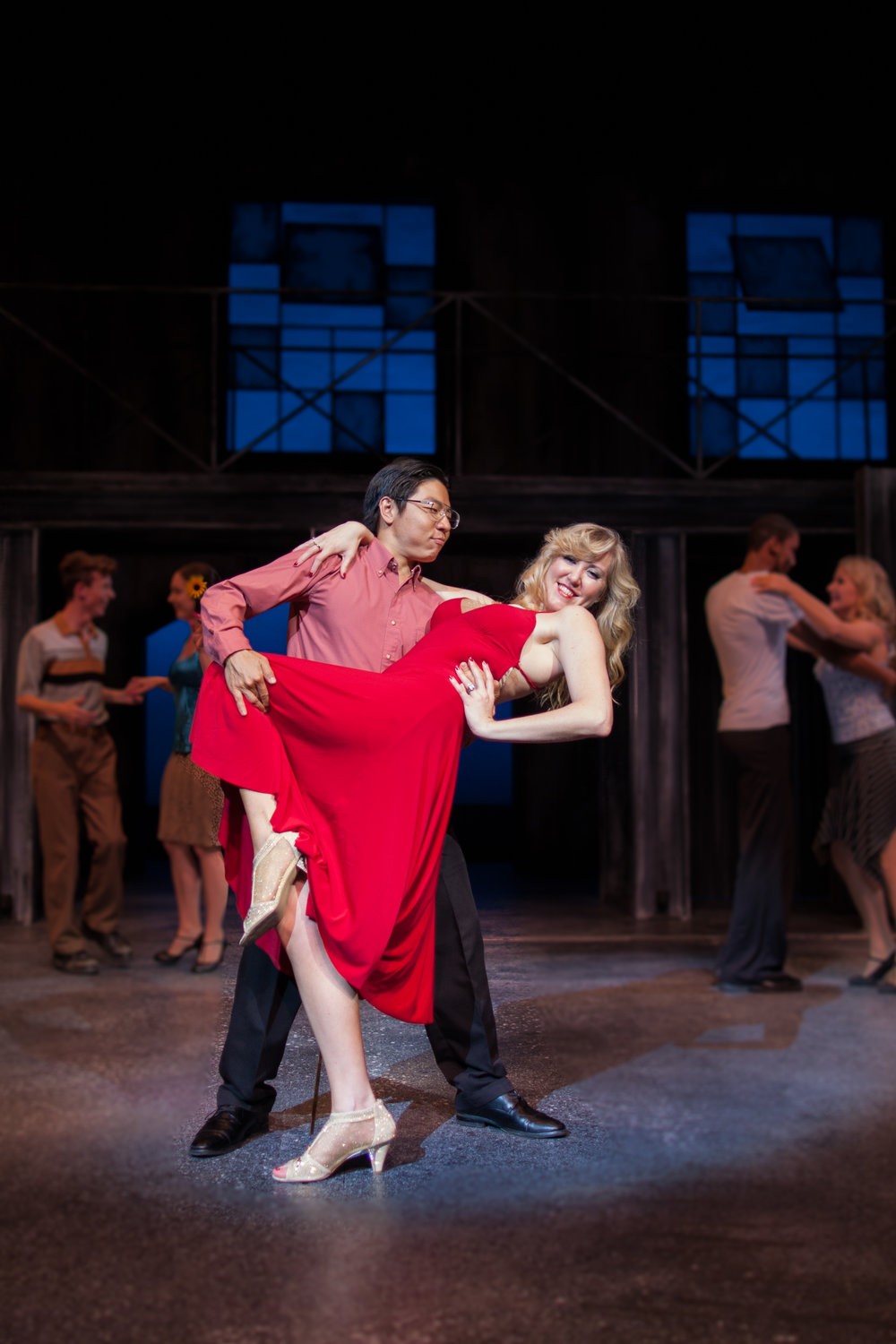
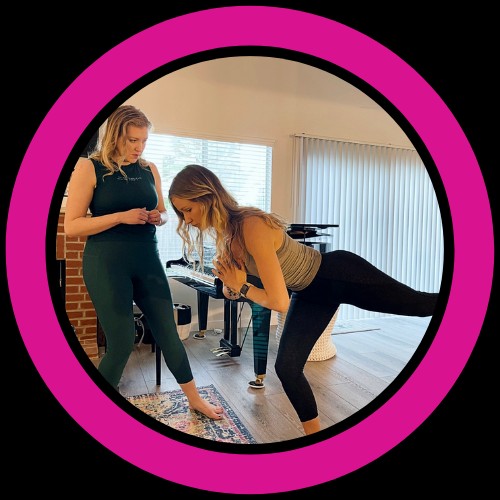
Awesome – so before we get into the rest of our questions, can you briefly introduce yourself to our readers.
I help singers break free of limitations through the magic of neurology. What does that mean?
I am certified in neuro-centric techniques to help the brain move from survival to performance. These changes happen at the speed of the nervous system. It’s fascinating to explore and the most exciting way to impove your technique because the results help you trust your instrument so you can be expressive without thinking about technique.
You might have something weird going on with your voice. It’s not vocal injury but other people can’t seem to figure it out. That’s because other voice teachers are only doing vocalises with you.
But here’s the thing, the car accident you were in a long time ago and the specific issue with your neck could be messing with your breathing and vocal production.
Past vocal trauma (be it physical or emotional) could also be holding you back from living your best life and one step forward to healing could be as simple as talking to a nerve that needs a little bit of love.
All that tension creeping in from seemingly nowhere that is affecting your ability to be consistent, sing powerfully, warm up without needing an hour, or figuring out what system needs practical rehabilitation.
That’s where I come in, I’m Kim! I’m certified in neuro-centric training to make changes at the speed of the nervous system and I am an active singing-teaching-multi-hyphenate artist with multiple degrees in vocal performance/pedagogy.
I use neurology to get to the bottom of your vocal achilles with tools we call reflexive ROM (range of motion) tests and drills to assess your unique nervous system response to a new input to the brain. I’ve created a voice training program called Vocal Kinesthetics. It’s a monthly membership program designed to help singers train skills they might not realize are getting in the way of effortless singing they don’t have to think about in performance.
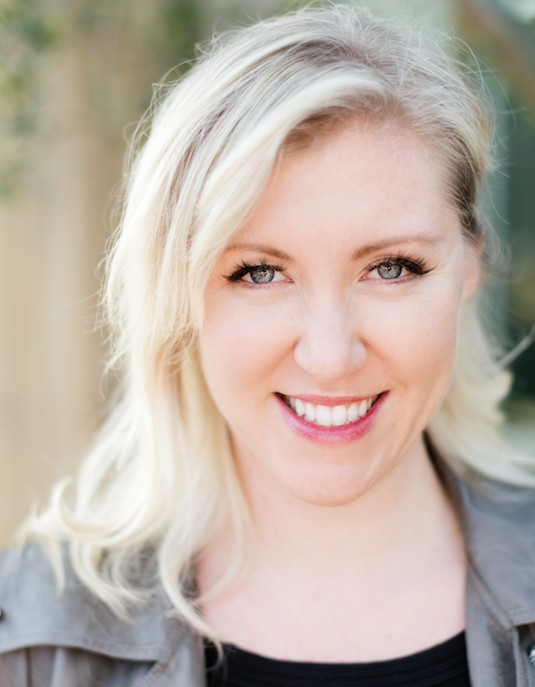
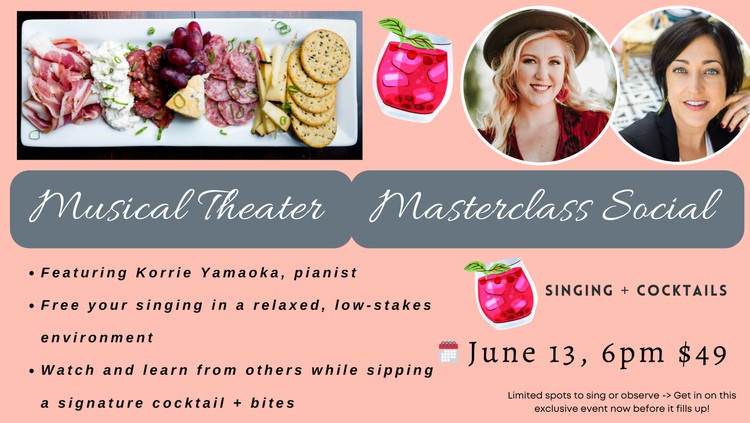
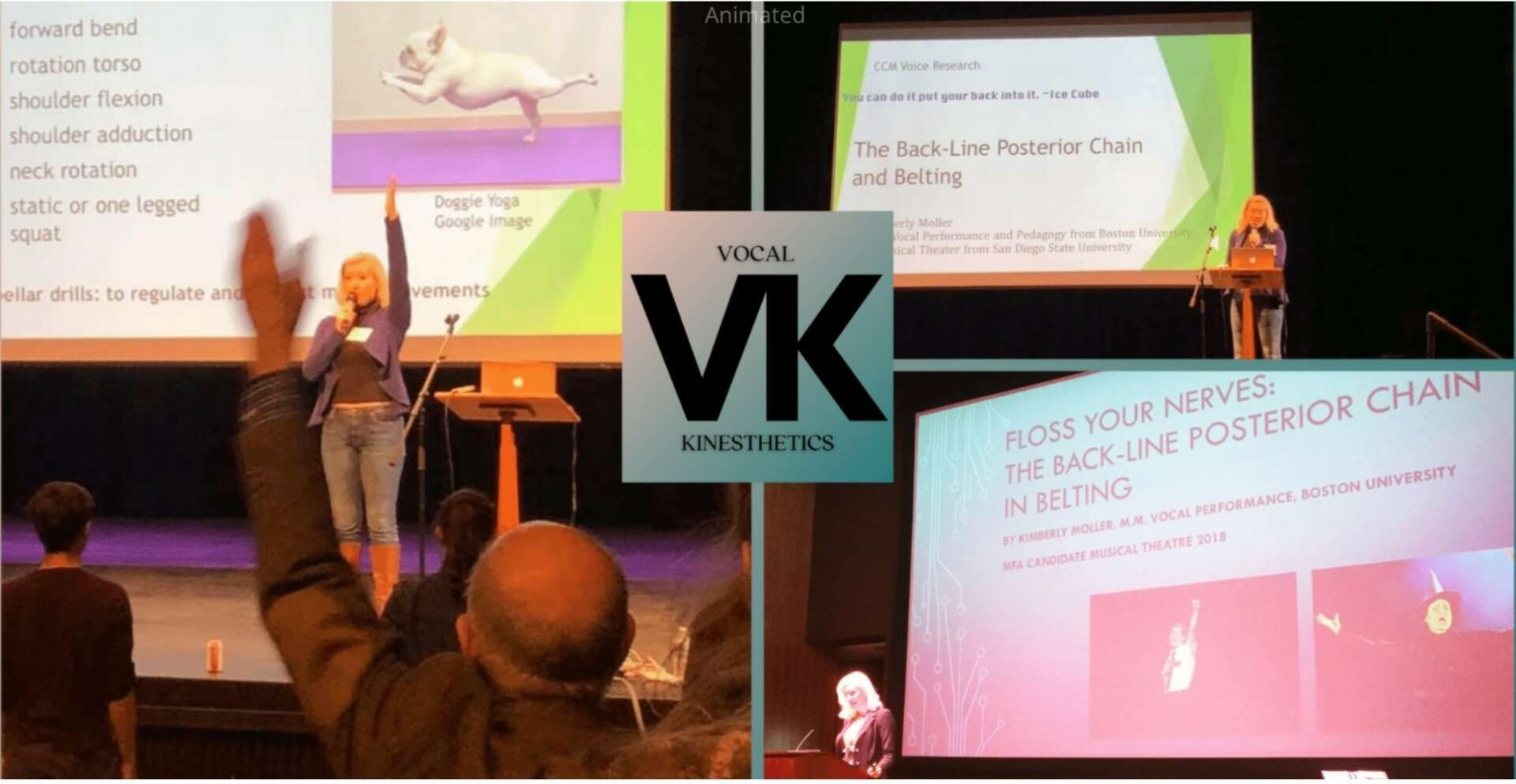
Any resources you can share with us that might be helpful to other creatives?
I wish I knew more about self-care, mobility and starting with the brain to heal pain. Z-health Performance Solutions is what helped me fully learn about neuro-centric tools for performance. I also wish I knew about the industry from professionals that had been doing exactly what I wanted to do. College professor was not the right fit for me and I didn’t know there was another way until I met Tom Burke, Andrew Byrne, Missy Bunch and Dr. Dana Varga.
In your view, what can society to do to best support artists, creatives and a thriving creative ecosystem?
Embrace artists in every stage of their art. There is not one path to success – Broadway and living in new york is not for everyone and many people define Hollywood and NYC as success. There is so much in regional theater, and commercial recording, new musicals and even pops concerts with orchestras. If you are telling a high school student to choose a “back-up” degree, it insinuates that they could fail and then have to do something else. The reality is, you get to find something that correlates to your career in the arts and it can be something really beautiful like what I’ve found – neurology in teaching and taking contracts I want to take to perform on my own terms so that I can buy a house, raise a family and not work day and night and weekends teaching voice lessons to get by and perform.
Contact Info:
- Website: vocalkinesthetics.com
- Instagram: @vocalkinesthetics
- Facebook: https://www.facebook.com/groups/1477881079330687
- Twitter: kimberly.moller
- Youtube: https://www.youtube.com/channel/UCyN8XZMXaJVggkmM8xQKfFA
- Other: kimberlymoller.com
Image Credits
Rachel Esther Tate, Ken Jaques


